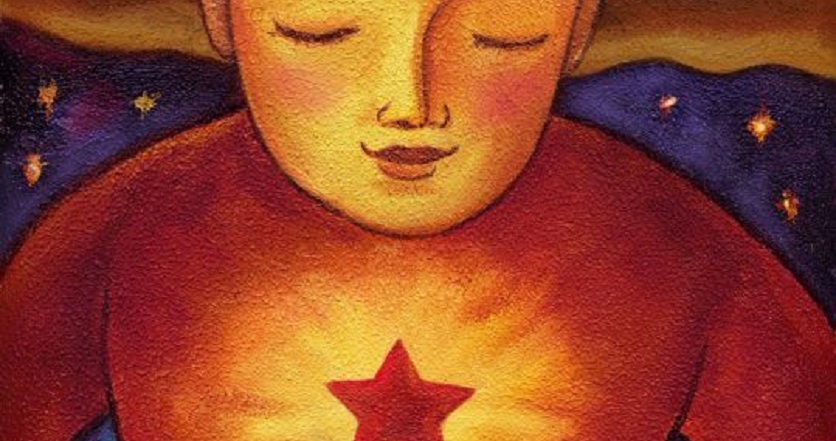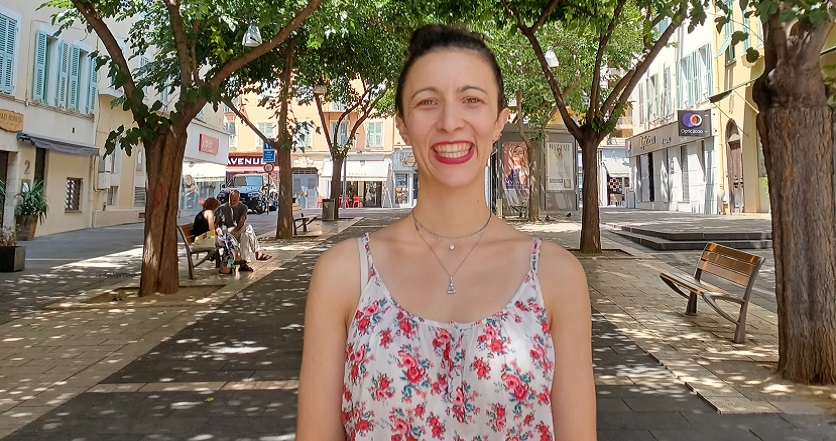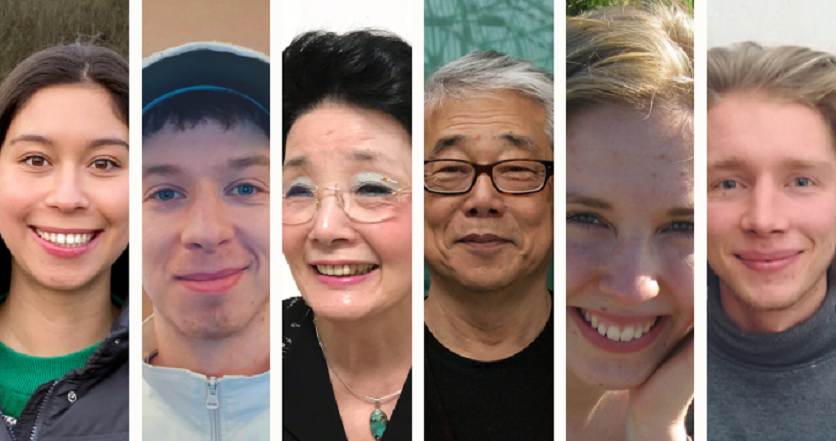Buddhism, Love and Friendship

Youth members of the Soka Gakkai organization in Germany speak with long-time practitioners of Nichiren Buddhism Kimiko Brummer and Yoshi Matsuno about the Buddhist perspective on love and friendship.
Julius Schuster: What does love mean? How can I express love or friendship? Can we all love each other?

Kimiko: Antoine Saint-Exupery, who wrote The Little Prince, once said: “Love does not consist in gazing at each other, but in looking outward together in the same direction.” I think that is very true. A connection between two people with similar values and convictions tends to be more lasting. In a true love, you don’t lean on each other, but each partner polishes their own life.
On the question of whether we can all love each other, I don’t think it is possible. However, this is a question of definition. You may not be able to love everyone equally, but you can value everyone just as they are. That is our Buddhist way of living. We value everyone because everyone has Buddhahood.
Yoshi: Let’s talk about the different understandings of love in the Western and Buddhist traditions. In the Western tradition, there are the Greek words eros and agape, which describe two different kinds of love. Eros means physical, sexual attraction. Agape is the Christian love of one’s neighbor and selflessness. Eros is more self-centered, characterized by “I want you.” Agape is more about “I want to be there for you.” We should see these differences and not confuse them; there are often misunderstandings in expectation. In Buddhism, we speak of jihi. This is a Japanese term, but it comes from Sanskrit. It means “to take away suffering and sorrow and to give joy.” This is how we understand the love of the Buddha.
President Daisaku Ikeda once said that getting involved in a love relationship is like getting into a car without brakes
Another aspect: Love, particularly addictive love, is described by the Buddha as one of the many causes of dependency. We actually wish to become free through love, but this dependence, on the contrary, makes us unfree. In my youth, I also experienced love that was like the flu. It passes with time.
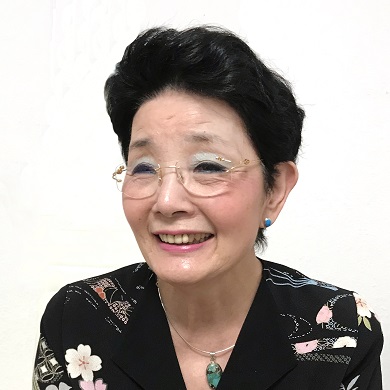
When we speak of so-called “real” love, we mean selfless love in the Christian and Buddhist sense. Love based on a desire for the happiness of the other. We want to be happy together. But this is not so easy and that is why there are many novels from all over the world about unhappy love. We have to think carefully about what kind of love we want.
Kimiko: On the subject of selflessness in love, I would like to add what President Daisaku Ikeda once said that getting involved in a love relationship is like getting into a car without brakes. Therefore, women in particular should pay close attention to which car they get into. Women have the right to protect themselves. If a man doesn’t understand that, then there is no value in being friends with that man.
Of course, it is also true for men, but especially so for young women.
Marina Andreae: Is love the key to happiness? Some people want nothing more than to be in a relationship. They are always looking, but they don’t find the right person and are unhappy as a result. They believe that they will only be happy when they find love.
Kimiko: Human relationships are very important for our life. Our encounters with others shape our lives. Love without trust cannot exist. Trust and love belong together. Friendship means that you don’t just lean on each other, but that everyone is clear about what the other wants to live for. The people you describe seem to me to be a bit pessimistic and maybe a bit self-pitying. But that’s no way to get ahead. If you have friends like that, you can encourage them and tell them to hold their heads up and say with full confidence: “If they don’t appreciate a wonderful person like me, it’s their loss, not mine!” When you are aware of your own value and appreciates yourself, the situation changes. The crucial question is whether or not you can love yourself.

Yoshi: I would like to give an example from one of the sutras of unhappy love. A young man sees a beautiful woman at the top of a tree. He wants that woman very much. So, he climbs the tree, but while climbing he discovers that the leaves are as sharp as knives. When he reaches the top, he is all cut up and bloody, but as he goes to grab the girl’s hand, she suddenly disappears. Then he sees that she is now down at the foot of the tree. So, he climbs down again, and again the leaves cut his body. When he reaches the bottom, the young woman again disappears and reappears at the top of the tree. This process repeats several times until finally the young man bleeds to death. It is a cruel story, but its moral is that if love consists only of selfishness, in the sense of “I want her desperately”—when one is driven by greed—the result is unhappiness.
We need to think carefully whether we want to have a happy love or an unhappy love. That’s why it’s good to get advice from experienced women and men—to get a second opinion, so to speak. Because in love it’s easy to lose sight of the mind, another opinion is important, and through this, we may have the chance to turn an unhappy love into a happy love.
When a tree develops magnificently, people all around will be attracted by its beautiful, fragrant blossoms.
When a tree develops magnificently, people all around will be attracted by its beautiful, fragrant blossoms. In the Buddhist sutras it says the “fragrance” of Buddhahood spreads even against a headwind. Therefore, you should not run after a desired partner. You should be like a tree, deeply rooted and blooming beautifully.
The fragrance of these blossoms spreads in all directions, and then, many people gather around this tree—meaning you can choose who you want as your partner.
In general, in human relationships, I think openness combined with self-respect is very important. If you are insecure, this is transmitted and also causes insecurity in the other person. Confidence and openness create an open heart in others. That is why self-confidence or self-esteem is so important in all encounters. When you are open, it is of course also possible that you will be hurt. But this vulnerability is better than having misunderstandings later because you gave the wrong impression or were too modest.

Louis Funke: From a Buddhist point of view, is it important to fight for a friendship at all costs, even if there are complications or you feel that it’s actually not the right fit anymore?
Kimiko: You don’t necessarily have to stay in that friendship. You can decide for yourself how you want to deal with it. From a Buddhist point of view, the human heart can change over time, depending on the circumstances. It may be that a complicated situation can change back to being positive, but conversely, even good friends can drift apart. A good friend can also be like a magnet that pulls others along. True friendship is characterized by the fact that no matter where you are, how much time has passed or in what situation you live, it does not change in essence. It is an eternal relationship.
In Japan, there are a lot of earthquakes, and when I was little, my mother used to tell me that if there was an earthquake, I should quickly find a bamboo grove and take cover there. Bamboo grows very straight, but under the ground the roots of the individual trees are closely bound up together, holding onto the earth and protecting themselves during earthquakes. Society is going through a very difficult time right now, so human connections are more important now than ever. You cannot live alone. Having friendships is very important; they should be an invigorating source of inspiration, strength and hope. But, as I said earlier, you can’t love everyone. And in the same way, maybe a friendship is not always possible. But you can always appreciate the other person.
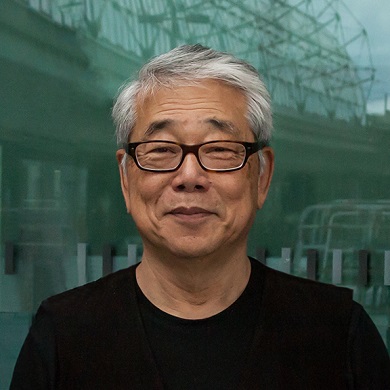
Yoshi: Of course, you may grow apart or discover that you’re not so good for each other after all. But you should think carefully about whether you want to separate. What is always important is what you leave behind. Ideally, you leave behind a relationship with this Buddhism so that the other person can become truly happy.
Another point is that no matter what you or the other person decides—who is right and who is wrong—this does not bring a solution. More important is not to fall into a state of anger. If you are angry, no matter whether you were right or not, you will be the worse for it!
And one more point: We should never feel like a victim. The principle of changing poison into medicine applies in all situations of life. We can transform everything that happens into nourishment for growth in our lives.
Kimiko: Love is not just a feeling but also a decision. Every person and every relationship is different. But the most important point is: How do I want to live? What do I want to live for? This decision must be very clear and is the starting point for everything.
Yoshi: I would like to recommend to all young people to always build friendship out of love. Friendship is everything.
This conversation is part of a series in the SGI–Germany magazine Forum , in which young people ask long-time practitioners of Nichiren Buddhism questions on themes related to daily life and challenges. Read “Buddhism, Fears and Dreams,” the second article in the series.
We would like to express our deep appreciation to Yoshi Matsuno, who passed away prior to the publication of the article here.





